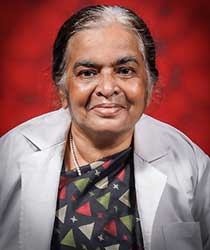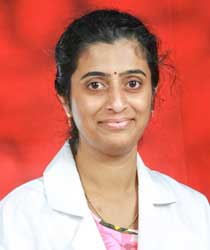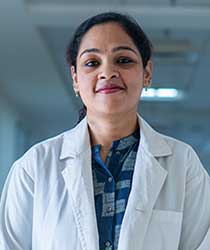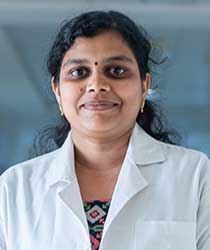PHYSIOLOGY
-
-

-

-

-

-

Dr. Jeslin Treesa Thomas
- Assistant Professor
-
Read more..
-

Mission and Educational Objectives
The UG program in Physiology at Believers Church Medical College aims to provide students with a deep understanding of the fundamental principles of human physiology, facilitating the comprehension of normal body function and its relevance to clinical medicine.
Curriculum
- Comprehensive curriculum covering fundamental physiological sciences, organ systems physiology, and integrative physiology.
- Integration with other medical disciplines to foster a comprehensive understanding of human physiology in the context of patient care.
Clinical Training
- Practical clinical training in medicine wards, outpatient clinics, and emergency departments to observe and apply physiological principles in clinical practice.
- Exposure to a wide range of medical conditions and physiological responses, including infectious diseases, cardiovascular disorders, respiratory diseases, and endocrine disorders.
Faculty Expertise
- The department is staffed with experienced and renowned physiologists who specialize in various areas of human physiology.
- Faculty members actively engage in research and academic activities, providing students with up-to-date knowledge and insights into physiological sciences.
Technology Integration
- Utilization of modern medical technology to study physiological processes, including advanced physiological monitoring systems, experimental techniques, and computer simulations.
- Training in the use of digital tools for physiological data analysis, interpretation, and evidence-based practice.
Critical Thinking and Problem-Solving
- Emphasis on developing critical thinking skills for analyzing complex physiological mechanisms and their implications for clinical scenarios.
- Case-based learning and clinical discussions to enhance problem-solving abilities specific to physiological principles in healthcare.
Patient-Centered Care
- Focus on understanding the physiological basis of health and disease to provide patient-centered care.
- Training in ethical practices and patient confidentiality within the context of physiological assessment and intervention.
Postgraduate (PG) Program
Research Opportunities
- Encouragement for PG residents to engage in physiological research projects, exploring mechanisms underlying disease pathophysiology and therapeutic interventions.
- Collaboration with faculty on ongoing medical research initiatives aimed at advancing physiological knowledge and clinical practice.
Continuing Medical Education
- Regular participation in national and international physiological conferences, workshops, and seminars.
- Staying updated on the latest advancements in physiological science, research methodologies, and clinical applications.
Teaching and Training
- Involvement in undergraduate medical education, providing teaching and mentorship to UG students in physiological sciences.
- Training in medical education principles and effective teaching methodologies specific to physiology.
Patient Care Leadership
- Training in leadership and management skills for effective coordination of physiological services within healthcare settings.
- Involvement in multidisciplinary healthcare teams for comprehensive patient management, incorporating physiological principles into clinical decision-making.






